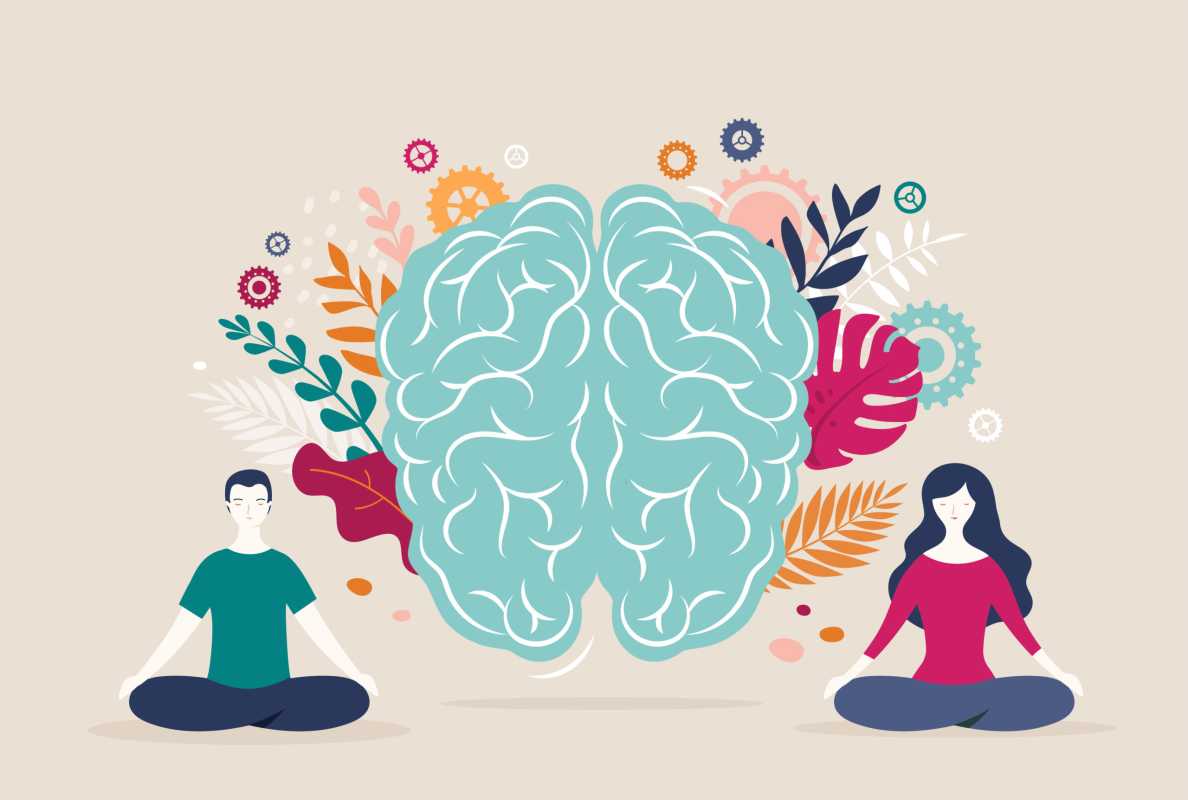Features
The Impact Of Mindfulness On Mental Health

In today’s fast-paced and demanding world, mental health issues have become increasingly common. Many individuals struggle with stress, anxiety, depression, and other related conditions. While there are various treatment options available, one approach that has gained significant attention is mindfulness. Mindfulness, rooted in ancient Buddhist practices, involves focusing one’s attention on the present moment with non-judgmental awareness. This article explores the impact of mindfulness on mental health and why it has become a widely recognized tool for improving well-being.
Understanding Mindfulness
Mindfulness is often described as a way to bring one’s attention to the present moment. It involves observing thoughts, emotions, and sensations without judgment. This practice helps individuals become more aware of their internal experiences, allowing them to respond more effectively to stressful situations. By cultivating mindfulness, individuals can enhance their ability to regulate their emotions, reduce rumination, and avoid getting caught up in negative thought patterns.
Reducing Stress and Anxiety
Studies have shown that mindfulness-based interventions can significantly reduce stress and anxiety levels. When practicing mindfulness, individuals develop the ability to observe and acknowledge their anxious or stressful thoughts and feelings without becoming overwhelmed by them. By creating a sense of distance, individuals can better manage their emotions and prevent them from spiraling out of control. Regular practice of mindfulness techniques, such as meditation or deep breathing exercises, can lead to a decrease in overall stress levels and a greater sense of calmness.
Improving Emotional Well-being
Mindfulness can also have a positive impact on emotional well-being. By staying present and non-judgmental, individuals can better understand their emotions and gain insight into their triggers. This heightened emotional awareness can help people cope with difficult emotions more effectively, reducing the likelihood of developing mental health disorders such as depression. Mindfulness encourages individuals to experience their emotions without allowing them to define their sense of self-worth, leading to increased self-compassion and acceptance.
Enhancing Cognitive Abilities
Research suggests that mindfulness practices can enhance cognitive functions such as attention, memory, and decision-making. Regular meditation or mindfulness exercises train the mind to stay focused on the present rather than getting distracted by worries or regrets. This improved concentration and mental clarity can positively impact academic or work performance and overall cognitive functioning. Moreover, mindfulness has been linked to increased creativity and problem-solving abilities, as it allows for a more open and flexible mindset.
Supporting Mental Health Treatment
Mindfulness is often incorporated into various mental health treatment plans, including therapy for depression, anxiety disorders, and addiction recovery. It can be used as a complementary approach alongside other evidence-based treatments, such as cognitive-behavioral therapy (CBT). By incorporating mindfulness techniques, individuals can develop the skills necessary to navigate their mental health challenges more effectively and build resilience. Additionally, mindfulness-based interventions have been shown to reduce the risk of relapse in individuals recovering from substance abuse.
Conclusion
Mindfulness is a powerful tool that has a significant impact on mental health and well-being. By cultivating a present-moment focus and non-judgmental awareness, individuals can reduce stress and anxiety, improve emotional well-being, enhance cognitive abilities, and support mental health treatment. Incorporating mindfulness into daily life through regular practice can bring about positive changes and contribute to overall mental wellness in an increasingly complex world.










